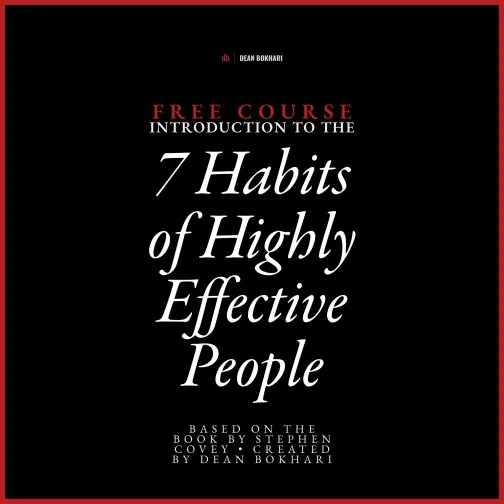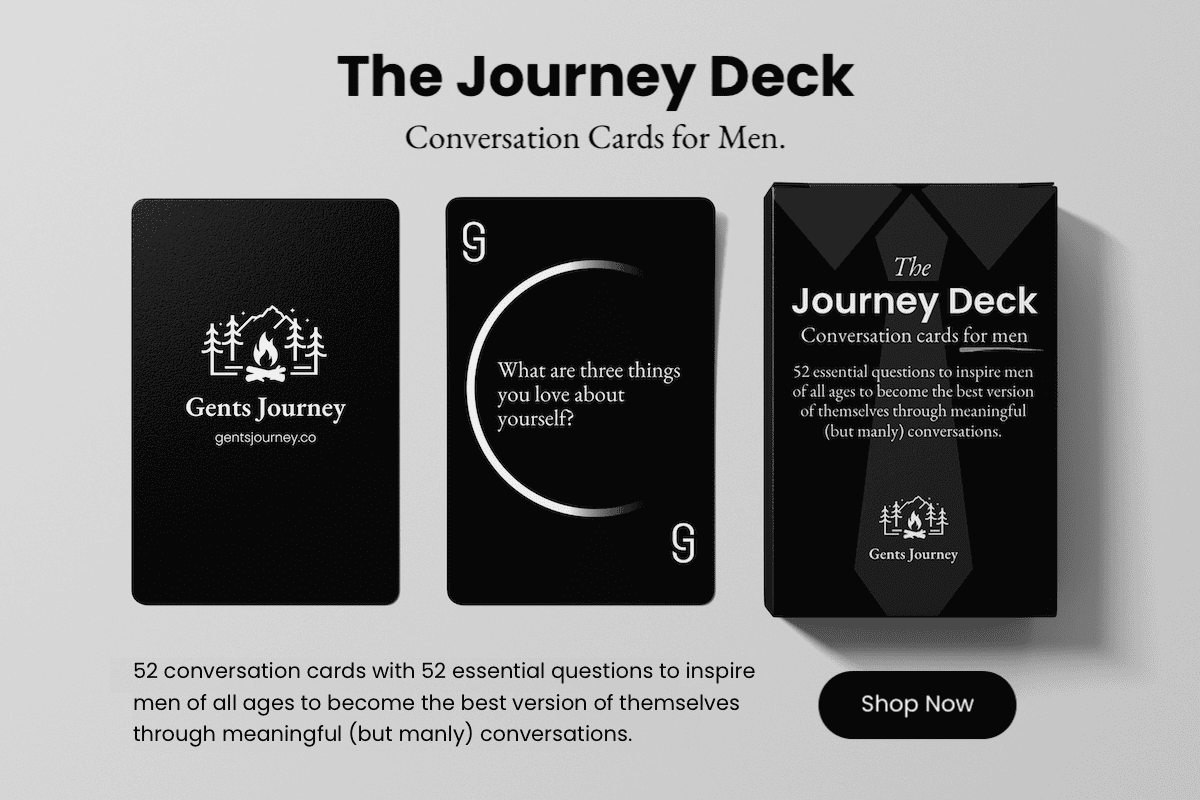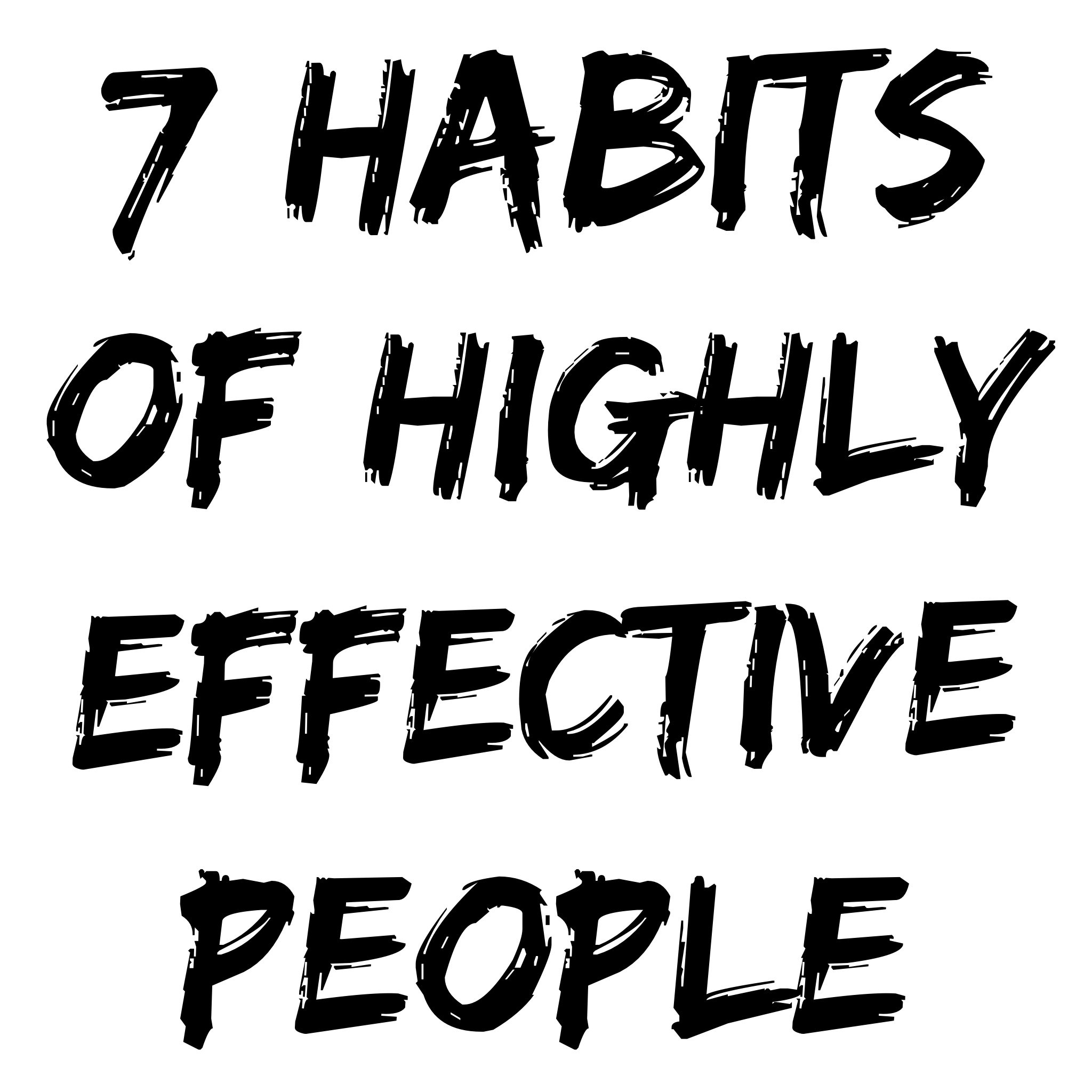Using Positive Stress to Step Outside Your Comfort Zone
Contributed by Beth Rush
Your choices often come from stress, and although you may try to avoid it, it can also be good. Worrying about something can give you pause or push you forward. Positive stress motivates and benefits you by forcing you outside your comfort zone. Here’s how to make the most of it and live life to the fullest.
What Is Stress?
Stress is a physical and mental response to a
stimulus that causes worry or tension. Everyone experiences stress from an
evolutionary response that protects people from harm.
It helps people respond to the challenges they face appropriately. Everyone handles stress differently, and sometimes, it can cause damage. Other times, it can prompt improved lives and situations.
Psychologically, stress includes anticipation of an event that causes you to feel pressure or that you think could end poorly. When you don’t know the potential outcome of a situation, stress can influence how you handle it.
Stress also activates your sympathetic and parasympathetic nervous system, which helps you decide whether to try something new.
How Is Positive Stress Beneficial?
Positive stress is a short-term state that is
a normal part of mental and physical development, including learning new skills
and facing challenging situations. It’s natural to be cautious at these times,
and a moderate stress level helps you navigate things wisely.
A University of California Berkeley study found that stress hormones helped mice adapt to new situations. They used what they learned from past experiences to better respond. Another survey from Indeed found that workers can use positive stress to manage their workdays.
Positive stress is important because it is moderate and short term without causing extreme physical or mental distress. It pushes you to try new things and progress toward meeting your goals.
Positive vs. Negative Stress
Unlike positive stress, negative or “bad”
stress wears you down, leading to physical and mental roadblocks that cause
anxiety, productivity loss, poor concentration and confusion. Your body
releases two hormones in stressful situations: cortisol and adrenaline. They
can trigger the fight-or-flight response, which forces you to take action. You
may feel jittery or sick, and it often isn’t resolved until you change the
situation or bury it inside.
Negative stress takes the qualities of positive pressure to an unhealthy level. Chronic tension exposure can cause headaches and stomach problems, lower immunity, and contribute to mental health conditions like generalized anxiety disorder and depression. Extreme stress can overwhelm you and prevent you from doing what you desire.
Stress and Your Comfort Zone
Your comfort zone is the space you are safe and comfortable. It’s the same people, locations and hobbies that you’re used to and that you can do while feeling content.
There are benefits to remaining in your comfort zone.
You have confidence in your abilities when you know something. You'll only experience new things once, and the lessons you learn help you respond to similar situations with assurance that you can handle them.
Staying in your comfort zone helps you avoid risks. You can take the stress you feel about a potentially unsafe scenario and use your judgment to make choices that respect your boundaries and keep you physically and mentally healthy.
There are negatives to always staying in your comfort zone.
It can hold you back from trying scary things. There is no moving forward without some risk-taking. If you want to be in a different place, you must take risks.
Trying a new hobby, getting a degree, changing jobs and navigating relationships are all risky. However, they expand your horizons and can improve your life. You can’t change without taking action, which can feel scary. Even making small changes, like committing to an exercise routine or aiming to sleep at least seven hours a night, can be challenging if they’re new to you and affect your schedule.
Getting out of your comfort zone can help you learn new things and gain life experience you otherwise would never have.
Using Positive Stress to Move Out of Your Comfort Zone
Positive stress can help you move out of your
comfort zone when appropriate. It’s appealing to remain there and avoid risks,
but you can use it to get out of that place and into even better ones. Positive
stress can keep you from settling for insufficient life experience.
This stress pushes you to make the right choices and take action, even if it seems scary or impossible. Letting it fuel you can boost your self-confidence, create better relationships and help you learn about yourself. Positive stress can help you grow.
You need to adapt to make positive changes, and the UC Berkeley research shows that good stress can help you do so. It prepares your brain to healthfully approach new scenarios and face situations that may or may not end well. Having periods of short-term stress improved the rats’ mental performance, showing it could also improve a human’s.
Stepping Outside Your Comfort Zone
Doing something new can be scary. Avoiding stressful situations is natural, but they can lead to new things. Positive stress can push you in the right direction, and using it for motivation can help you accomplish your goals.
by Beth Rush • Managing Editor at Body+Mind
✨ New Series: How to Become an Early Riser
- Discover key methods to make early rising a habit
- How to wake up early + energized every morning
- Morning routines for health + success
Free self-development courses
👇
Tap on any of the courses below to start learning how to:
- boost your productivity (withGTD),
- get focused (with Deep Work),
- design a successful + fulfilling life (with The 7 Habits course),
- or learn the art of influencing others (with the How to Win Friends & Influence People course.)
All for free.
👇
Free life guides
👇
Best-selling Self-development courses by Dean Bokhari
Kill procrastination.
|
Get stuff done.
|
Get motivated.
|
Connect with anyone.
|
freshly pressed:
Top Audiobooks narrated by Dean Bokhari on audible
Book summaries
- The Power of Habit by Charles Duhigg
- 12 Rules for Life by Jordan B. Peterson
- Presence by Amy Cuddy
- Leaders Eat Last by Simon Sinek
- The ONE Thing by Gary Keller, Jay Pasan
- Deep Work by Cal Newport
Read or Listen to top Self-Help + Business Book Summaries in 20 Minutes or Less.
or






































